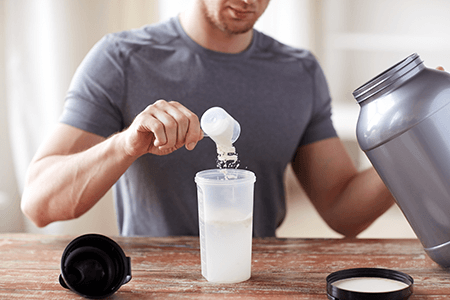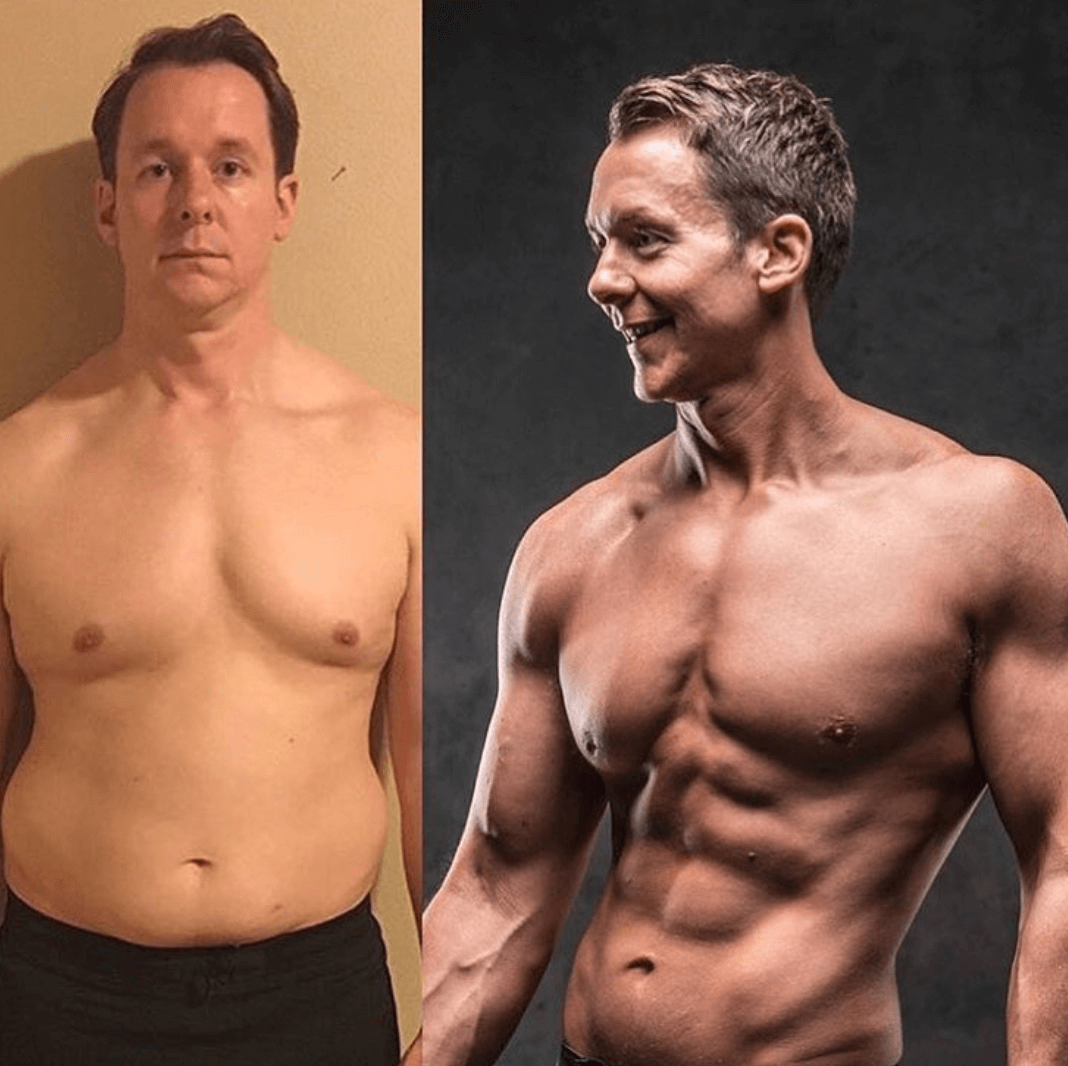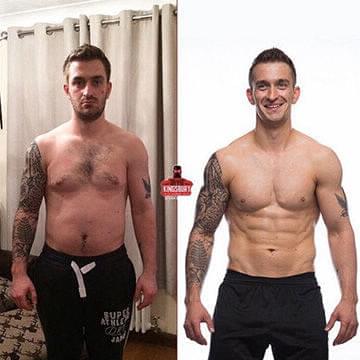There is a lot of talk in the media at the moment about supplements. Just in the last few days I have read several articles on the pros and cons of using supplements.
Let’s take a quick look at some of the info
http://www.bbc.co.uk/newsbeat/article/38555693/protein-supplement-advert-claims-wrong-and-immoral
This is quite a big one from the BBC and they write about advertising of protein supplements is wrong and immoral.
Whilst I do agree that some supplement companies do market their products to be the holy grail, a lot of nutrition companies will actually support people with their food and training guides with quality information. It is of course in their interest for their customers to get good results.
I think the fundamental problem here is miseducation. If the media and various studies undertaken (generally badly) focussed on providing useful information to people, rather than simply looking at fashionable diets, creating buzz or fear to get clicks there wouldn’t be so many issues or as much confusion.

Driving into work on the radio today I heard that with a vegetarian diet you are twice as likely to lose weight. This is a prime example of false advertising.
Likewise on a recent television appearance I did I was encouraged to say that on an intermittent fasting diet you can eat whatever you want and still lose weight.
We all know as people involved in fitness (or people reading up on my blog) that these statements are actually just as bad if not worse than saying a protein powder will help you gain muscle.
When I queried the study on IF it turned out they had been monitoring only around 25 somewhat similar people (activity levels, body type etc).
This does not give a good reflection of the general population nor does it provide accurate results.
Often with these studies only one variable is measured or acknowledged.
I have looked after several thousand people in the past 12 years that I have been a personal trainer and online trainer. This is more than a snapshot especially as we monitor and track all variables.
Let’s have a look at the truth in a very basic way.
If you want to lose weight you need to be in a calorie deficit. This deficit can be created with exercise or with reduced calories or with both.
As long as you are in a deficit you will lose weight.
Have you heard of the doctor who ate nothing but twinkies and dropped weight?
If you want to be healthy. improve your body composition as well as losing fat you need to be in a calorie deficit whilst also focusing on the quality of your ingredient and the macros you are consuming. You will require adequate protein for example to promote muscle maintenance.
If you want to build muscle you require a training stimulus, calorie surplus and adequate protein for recovery.
Protein powder vs food
Supplements are what they are named to be and they are a “supplement” to your food.
Swapping all your meals for supplements will not be optimal by any means.
Whilst the food standards agency states that on average we only need 55g per day of protein per day, the truth is if you are reading this you will most likely need more. With all food and nutrients, we have individual demands. If you are physically active your demand for calories and protein are greater. If you lift weights on top of this then your demand is higher still.
In the protein powder vs food debate, I encourage you to look at your diet first. Make sure you are eating what you need to achieve your goals.
If you can calculate your calories and macros it will give you a much better understanding of what you need personally.
For a lot of people the addition of a protein powder may be very useful to hit the demands if they are highly active.
I am not saying you should replace a meal. But you can supplement to your meals
Let’s look at why you might choose to us protein powder.
It’s a cheaper options than almost all other protein options. A 30g scoop of protein is very well priced.
It means you can eat less meat. For me personally I have 30-50g of whey protein a day. I would have to eat roughly an extra 100-200g of chicken breasts per day. I don’t want to do that, when I typically have meat, eggs or fish at my 3 meal times.
Another scenario is simply convenience. I have and also encourage one snack per day.
A prime example for me would be a bowl of oats with some protein powder added. A quick and easy option which can be made in minutes. It will help to get my protein to where I want it whilst offering a convenient choice.
There are plenty of other reasons to add protein supplements to you diet. But is adding it essential for results?
No of course not. You can get all the protein you need from your food if you have the budget etc(see above) The amount of protein we need is a personal thing. When the majority of people are looking to get in shape are under active and overweight the addition of a supplement to their diet could potentially be pushing them even further into a calorie surplus. This is why diet has to be the primary focus, long before you decide what supplements you need.
Another angle worth looking at is elite level sports people where individuals are pushing their physical boundaries. I am not talking about general weight loss or a couple of gym sessions a week but someone working at this full time. When a 1% margin is the difference between winning and losing, supplements can be a valuable tool. This is more about performance supplements than it is protein powder as you CAN get all the protein you need from your food. But other supplement ingredients that are proven to be beneficial to performance you will not get in the quantities you need from your food. Things like creatine, beta alanine and caffeine to name a few. These can work well do give the edge, but only if you are getting the basics right of good training and solid nutritional planning.
Summary
I know I danced between a number of topics and stories here but I hope you picked up my message.
I do believe that supplement companies push their marketing pretty hard and it does leave people asking “what protein powder do I need to gain muscle” or even “lose weight” when the truth is they are not essential for either.
But if we can all help educate people on the basics and stop confusing them with bullshit then they will be able to make a much better decision for themselves.










